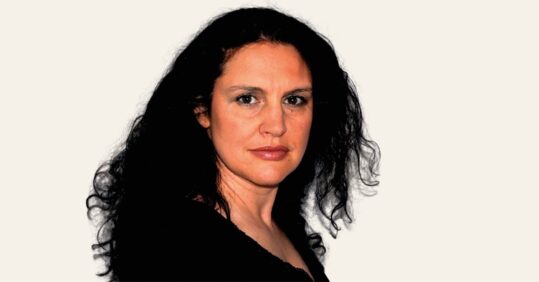Racism against nurses must stop

I have never understood racism and have always hated it. To me, it is fundamentally wrong to discriminate against a person because of the colour of their skin. But it is clearly still rife in the world today and very present in the health sector, as reporter Mimi Launder’s in depth piece here shows.
Related Article: Nursing in Practice launches ‘How Nurses Count’ campaign
It feels particularly sad that nurses – people who are dedicated to caring for people and literally save lives – are not only subjected to racial abuse but have also felt unable to speak up about it for so long.
Related Article: What’s an extra two years in a 40-year wait for the regulation of advanced practice?
If global events and politics are showing us anything right now, it is that voices want and need to be heard. So it is a ray of light that the Black Lives Matter movement and a sense of empowerment Covid-19 appears to have given healthcare workers have encouraged black, Asian and ethnic minority nurses to speak up. They are finally talking about the terrible experiences they have suffered at the hands of patients and colleagues, and saying that this is not okay. Well done to Robana Hussain-Mills and Julie Roye for setting up the GPN BAME network. As Yvonne Coghill – outgoing director of the Workforce Race Equality Standard (WRES), set up to improve equality in the NHS – points out, nurses need such safe spaces to talk openly.
But now they are talking, they need people to listen. Leaders need to stop racial discrimination happening on their watch. One of the answers, I believe, is the answer to so many problems – education. One account in our cover story is of a white nurse who cried after she used the word ‘coloured’, and it was pointed out to her that term was no longer used. For whatever reason she cried; the fact she was upset suggests she did not mean to cause offence. If she had been trained to understand racial issues and what terms to use, it seems likely she would not have used that word. Ms Hussain-Mills says: ‘It’s important to change the wording we use’. So let’s do that – and teach healthcare colleagues the words they should use.
Related Article: Improving lung health one song at a time
Nurses also need to feel empowered to tell patients if they are being racist – if they wish. Employers should have a zero-tolerance approach to patients or staff who are racially abusive to BAME staff. Nurses should surely be able to refuse to treat people who threaten them because of their race. At the start of the pandemic I was heartened to hear Somerset NHS Foundation Trust had prioritised BAME staff for PPE and testing. BAME lead at the trust Sunny Sander-Jackson said it had ‘lifted [staff] morale’. BAME staff will surely be happier, better workers if they feel supported by employers and colleagues. And what BAME healthcare staff need most, I think, is equality. The conversation has started. It’s time to turn that talk into action.

See how our symptom tool can help you make better sense of patient presentations
Click here to search a symptom




